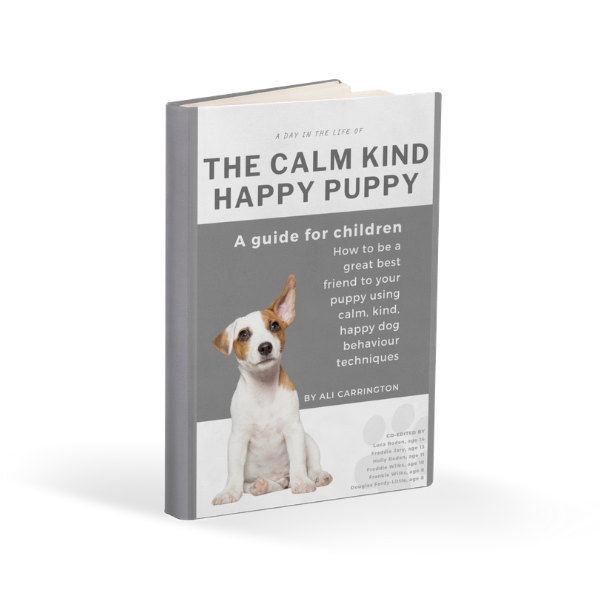Off the back of a discussion I read in a forum yesterday I would love to clarify wolf theory/alpha theory/leader of the pack ideas etc etc for dog behaviour. It’s often a hotly debated topic with many viewpoints, so here is mine.
Any animal that lives in a group needs a structure. Think about Meerkats, see the post on those glorious Guinea Pigs from a couple of weeks ago ❤️, watch horses in a field, there are numerous examples. There is ALWAYS some organisation within a group of animals.
This is particularly true within groups of canines, and we can see it work gloriously within a pack of wolves where there is a definite hierarchy with an alpha female and an alpha male at the top. So we are probably all in agreement up to here? The next bit is where many people are divided – whether or not our domestic dogs work to these same hierarchies…
In 1947, there was a study published by Rudolph Schenkel which was the end product of research on wolves during 1930s and 40s. His research showed “violent rivalries” between individual members of the packs and it was from this paper that a new wave of physically dominant dog obediance training became the thing to do. Also, the belief that our domestic dogs (having evolved from the wolf) were challenging us daily for the top spot, to be the alpha of the family, and so if they did anything wrong we should ‘alpha roll’ them and hold them down until they submitted to show that we were the boss and because “this is what the wolves do themselves”. Unfortunately, this physically dominant method of dog training is still quite popular around the world. To many, however, this felt (and still does feel) wrong and the wolf theory was dismissed in place of more positive reward based training.
And this is where the confusion comes from I believe. That if you believe the wolf thing, then you must also believe in the physically dominant thing…
That doesn’t have to be the case. I celebrate using wolves as a template to bring happiness to domestic dogs and their families. It’s AMAZING how much peace can be brought to a household if we think about how simply a wolf pack would behave. The study referred to above was done on wolves in captivity so the research was based on wolves behaving UN-naturally so absolutely we can’t base our theories on that. However, spend some time in the wild with wolves and you will recognise similar behaviours that you see in your home. What’s great about watching wolves in the wild is that you see them bringing up their young in the most peaceful, patient, tolerant, non-aggressive way, arguably the best parents/carers in the entire animal kingdom. They are usually only aggressive if survival depends on it. Wolves and dogs who are not under pressure teach their young with calm consistency. And THAT’S the bit we learn from them. It’s just so beautiful and once I discovered this my life changed, as did that of my dog.
Very recently, research by wolf biologist Dan Stahler (University of California) shows that wolves and dogs are 100% related and the blood of a wolf cannot be separated from that of a dog (eg. wolf is canis lupus, and dog is sub species canis lupus familiaris, whereas coyote is a different species, canis latrans).
To refer to the 1947 study again, our dogs are not challenging us for the top spot in our (inter-species) group, but they will assume that role if they don’t see credible consistent leadership that they understand coming from anyone else within. This is incredibly stressful for them, but they try their best to do it anyway, for the good of the group. Because that’s how wonderful dogs (domestic wolves) are.



